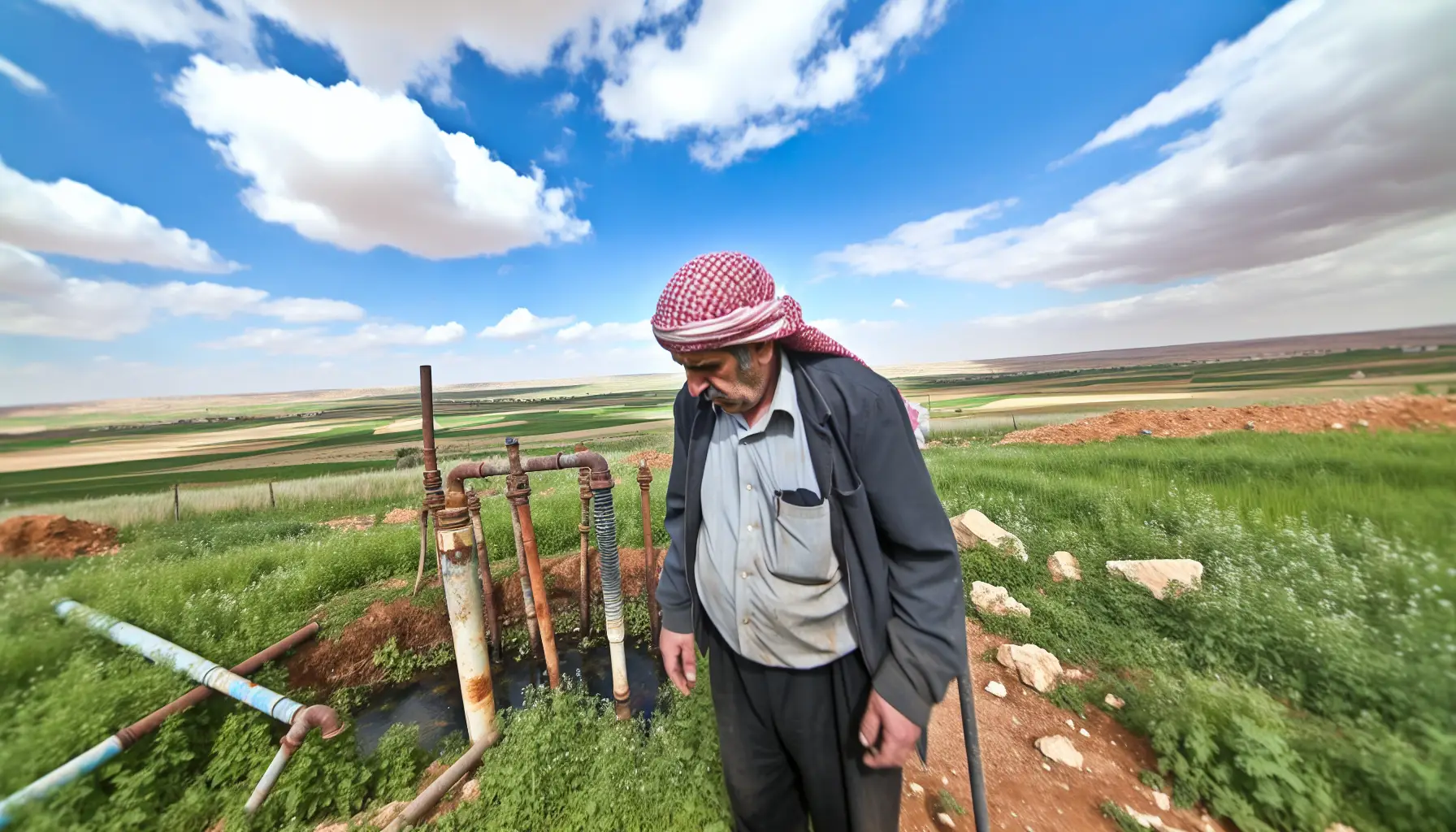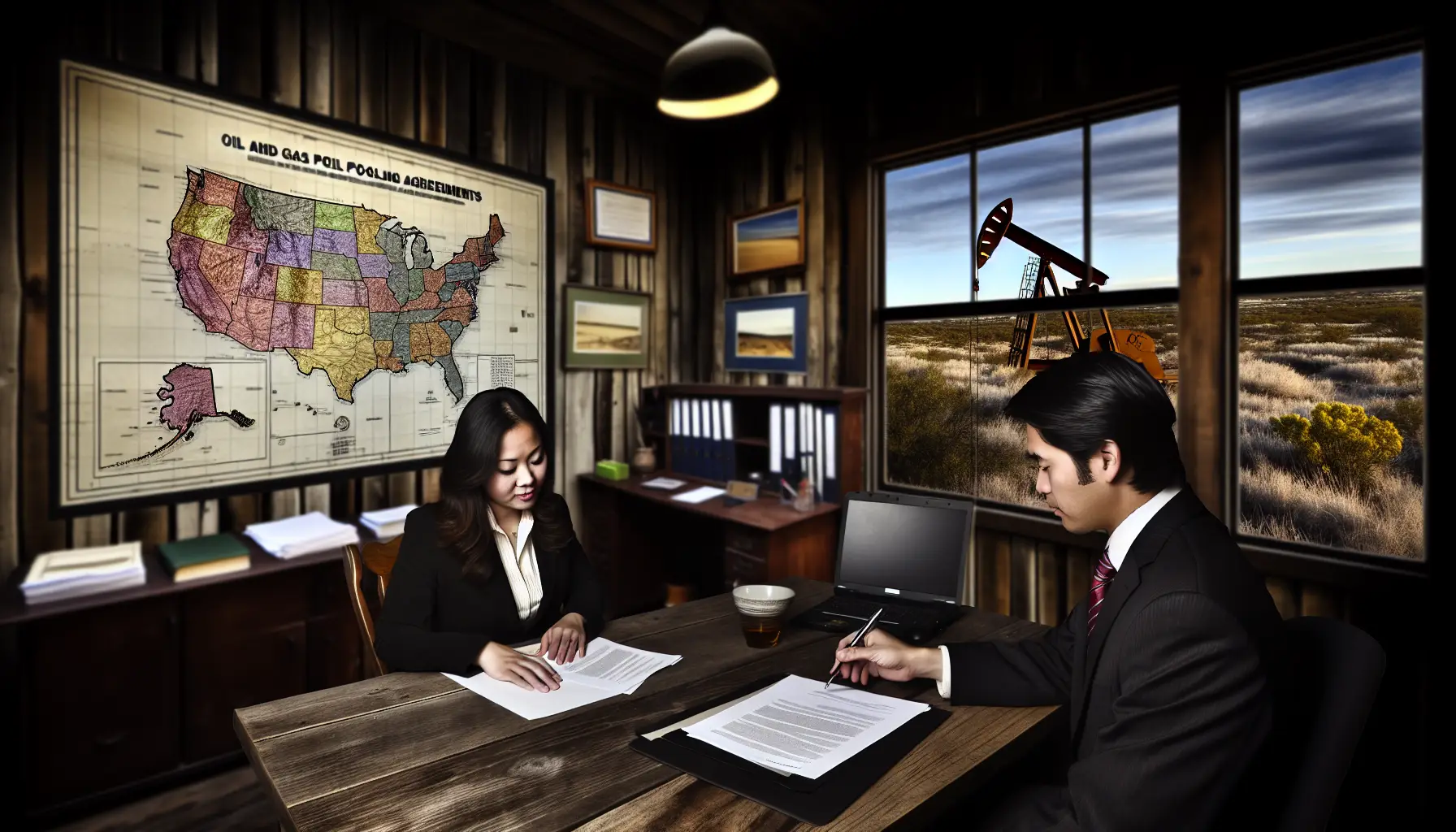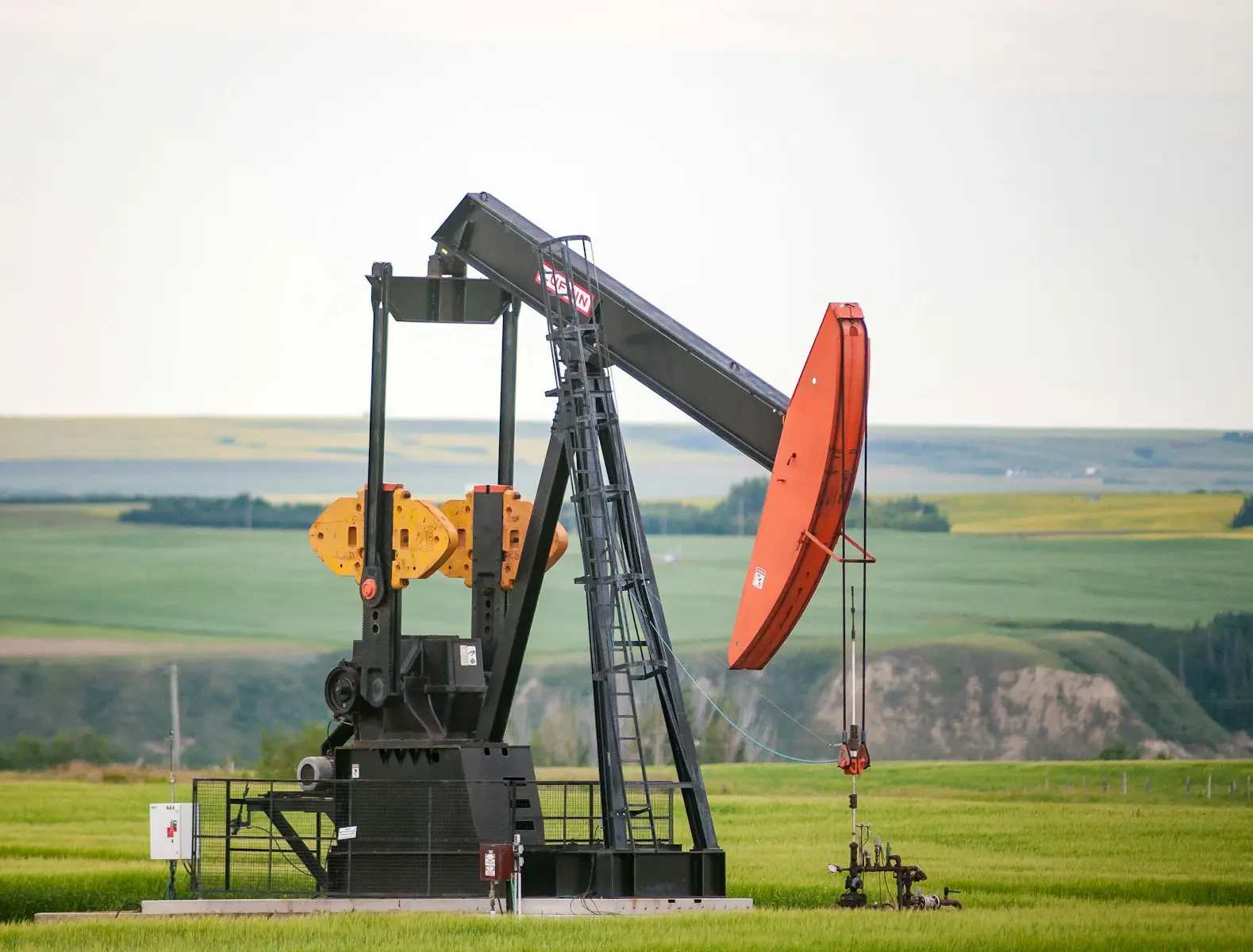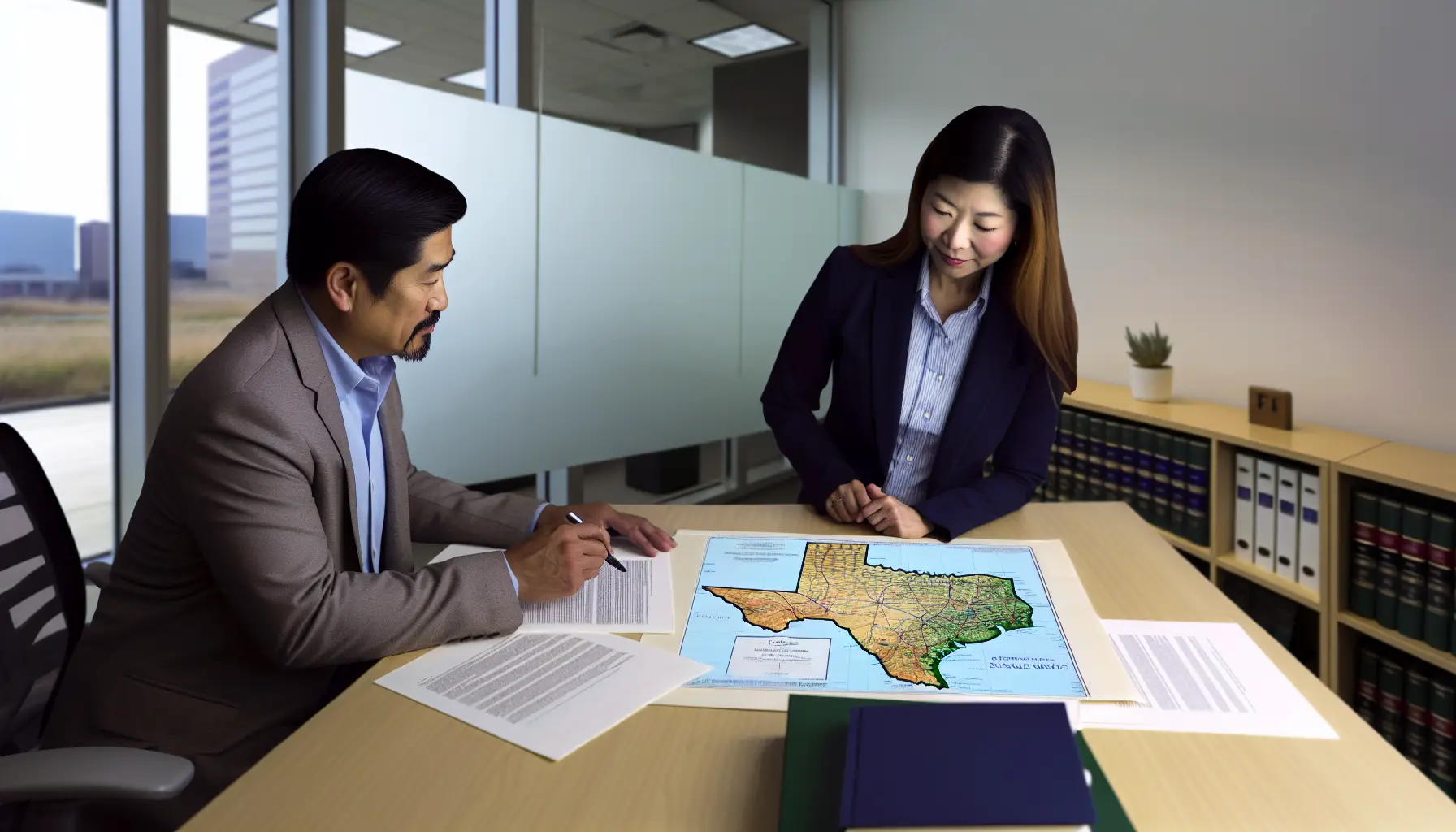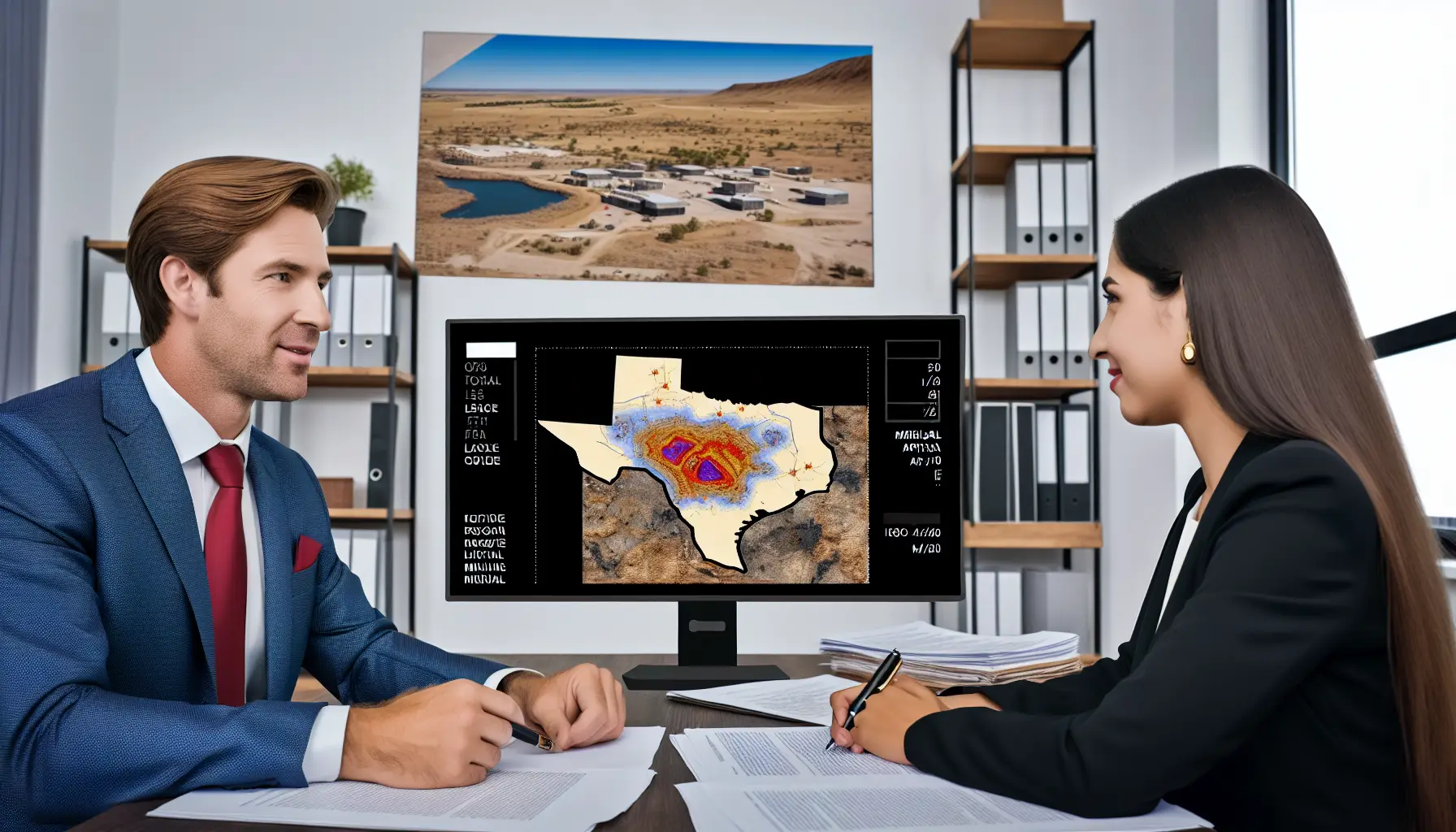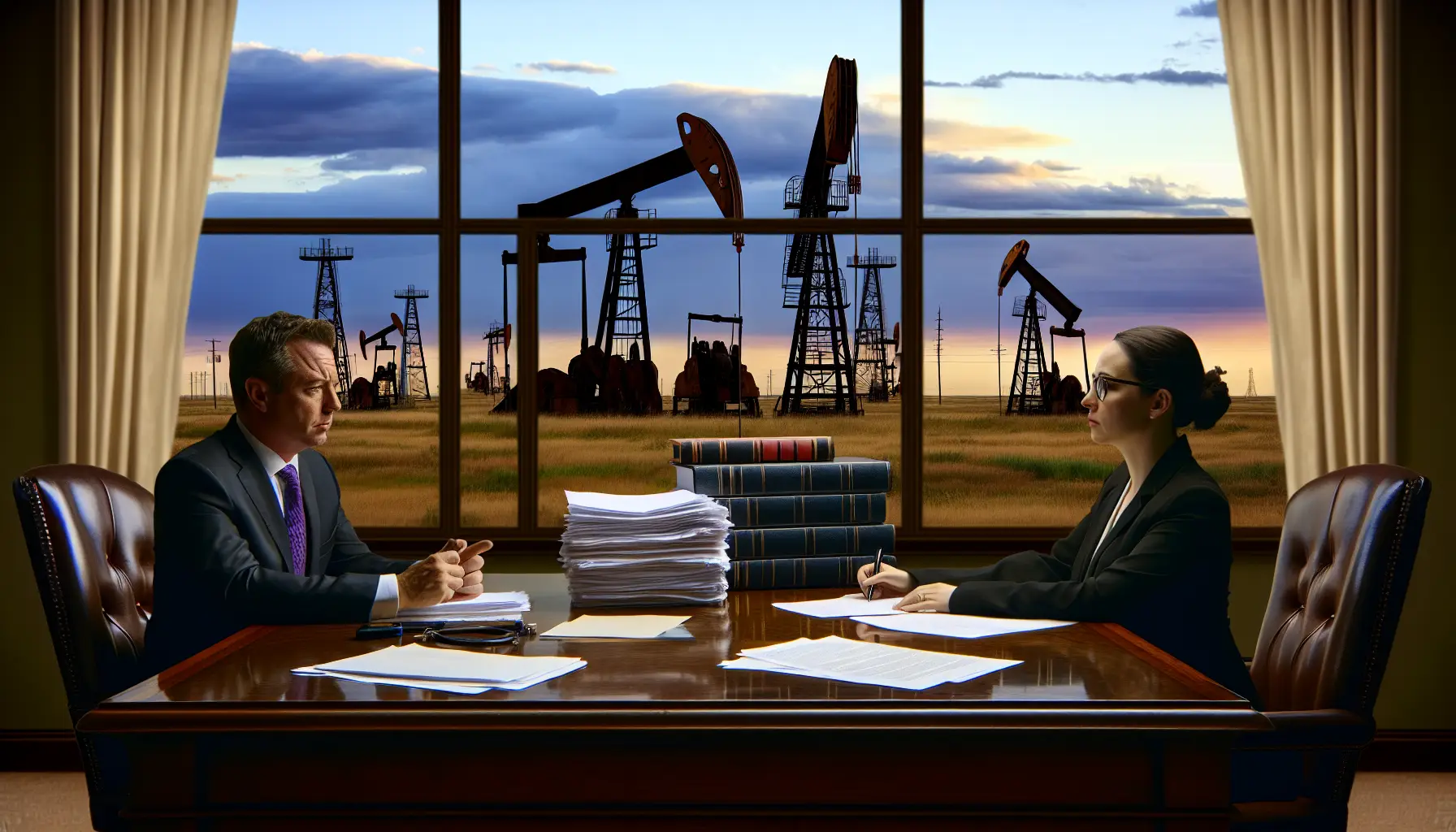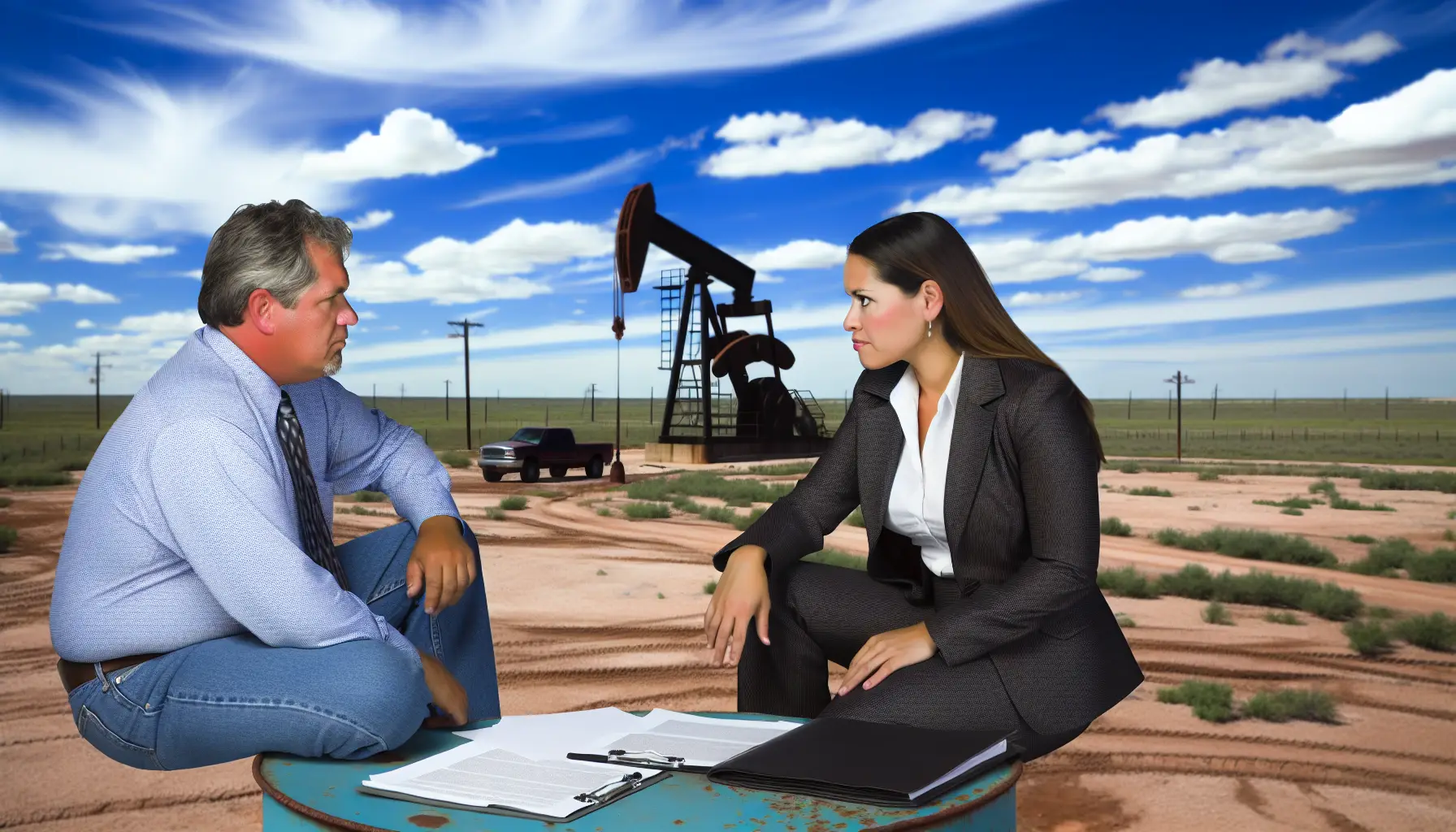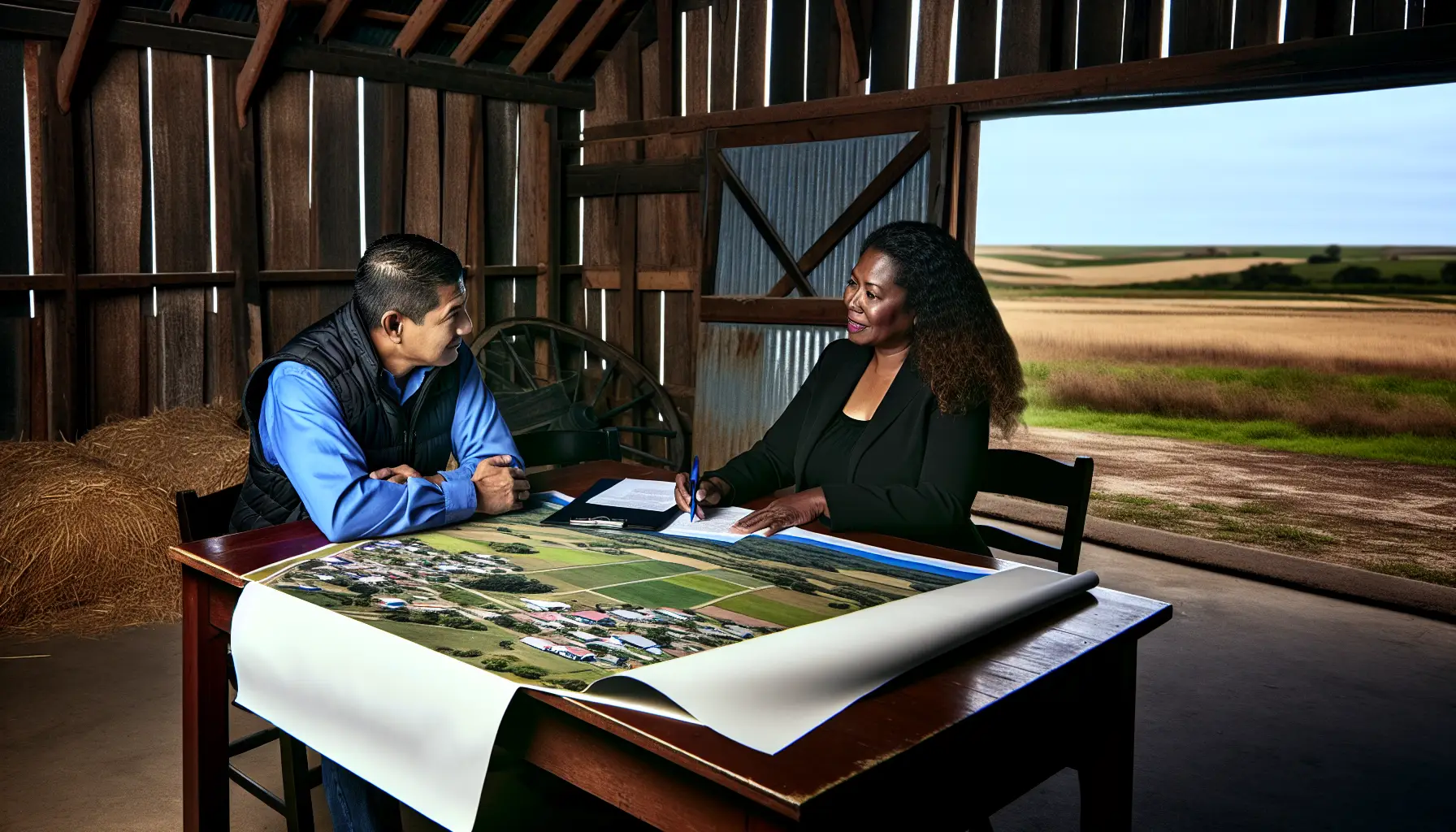Buying rural property can be an exciting venture, but it is not without challenges—especially when environmental issues come into play. Hidden hazards like underground pollution, chemical contamination, or even wildlife damage can pose significant risks to your investment. Identifying these environmental red flags during property inspections is crucial to protecting your land value and avoiding unexpected legal liabilities. Understanding the potential pitfalls ahead of time ensures you make informed decisions and preserve the long-term usability of your property.
In This Article:
What Are Environmental Red Flags in Real Estate?
An environmental red flag refers to any potential indicator of environmental problems affecting a property. These concerns may not always be visible but can range from soil or water contamination to damage caused by animals like feral hogs. Left unchecked, these issues can impact land use, diminish property value, or even result in costly legal disputes. Being proactive during property inspections by looking for these warning signals helps uncover risks before they become your responsibility.
The Financial and Legal Impact of Overlooking Environmental Problems
Environmental issues on a property are more than an inconvenience—they are often a financial burden. Cleanup efforts after discovering underground storage tanks or chemical contamination can run into the thousands, if not more. Additionally, unaddressed problems can lead to lawsuits, particularly if contamination spreads to nearby properties. In Texas, mineral rights and oil disputes frequently bring environmental complications, especially when purchasing rural land. Whether you are a real estate broker helping a client or an investor looking to expand your portfolio, identifying these concerns early is crucial. Consulting with experienced Houston real estate lawyers for environmental issues provides guidance on mitigating financial and legal risks.
The Most Common Environmental Red Flags to Watch For
Underground Storage Tanks (USTs)
Underground storage tanks are frequently associated with environmental contamination. These tanks, commonly used for fuel storage, can leak harmful chemicals into the soil or surrounding groundwater when old or damaged.
- How to Spot Them: Look for vent pipes, exposed tank tops, or any unusual markers on the property.
- Risks: Contamination from a damaged tank can lead to costly soil remediation efforts.
- What to Do Next: Hire an environmental consultant who can conduct a site-specific assessment to determine whether a tank is present and evaluate any risks.
Chemical Contamination
Residues from industrial use, farming activities, or illegal waste dumping can leave behind toxic chemicals. Over time, these chemicals may contaminate the soil and compromise the health of nearby waterways.
- Signs to Watch For: Pay attention to patches of dead vegetation, unexplained discoloration in the soil, or the presence of unusual odors.
- Potential Issues: Contaminated soil can reduce agricultural productivity and require expensive cleanup measures.
- Assessing the Problem: Enlist a property contamination lawyer in Texas to assist with testing and regulatory guidance for remediation.
Feral Hog Damage
Feral hogs are a growing issue in rural areas throughout Texas, causing significant property damage. These animals uproot soil, destroy crops, and create long-term erosion problems.
- Identifying Damage: Look for torn-up areas in fields, irregular holes in the ground, or broken fences.
- Consequences: Increased erosion or soil degradation may make portions of the property unusable.
- Management Strategies: Employ traps, fencing, or contact wildlife control professionals to mitigate and prevent further damage.
Steps for Conducting a Thorough Inspection
Performing a Visual Walkthrough
The first step in spotting environmental red flags is to conduct a comprehensive walkthrough of the property. This should include inspecting for visible signs of contamination, dumped materials, or other hazards. Do not forget to examine water features, as these can often reveal contamination not obvious on land. For buyers looking at rural real estate, engaging a real estate attorney for rural property inspections can help identify potential legal obligations tied to these issues.
Leverage Technology During Inspections
Technological tools such as drones and Geographic Information Systems (GIS) can further support your inspection process. These resources can identify hidden risks like topographical changes or areas with a high likelihood of contamination. A Houston environmental law attorney might recommend using these tools if evidence of contamination needs to be documented for legal proceedings. GIS, for instance, allows you to assess soil or water quality, providing critical data for decision-making.
Legal Responsibility and Environmental Liabilities
Understanding Buyer and Seller Obligations
Both buyers and sellers assume specific responsibilities concerning environmental risks. Sellers are legally obligated to disclose known hazards, such as the presence of underground tanks or historical contamination. Buyers, on the other hand, have an equal duty to perform due diligence and evaluate these risks.
Failing to address these responsibilities could lead to legal disputes, particularly when issues arise after closing a deal. In Houston, experienced oil and gas law experts can guide both parties in understanding their legal standing with mineral rights, contamination mitigation, and required disclosures. A Texas lawyer specializing in real estate law can also outline responsibilities related to land use and environmental conditions.
Guided Strategies for Investors and Brokers
Pre-Purchase Due Diligence
Investors can avoid costly mistakes by making due diligence a priority before purchasing land. This involves collecting all available historical data on the property, analyzing environmental reports, and speaking with qualified environmental consultants. If you’re unsure about land use regulations, partnering with an experienced Houston attorney can help clarify potential issues tied to local laws.
Maintaining Environmental Health Post-Purchase
Owning rural property means taking a proactive approach to environmental management. Regular inspections, soil testing, and water quality monitoring provide ongoing assurance that environmental risks remain under control. Additionally, staying updated on legal changes regarding land use or oil disputes ensures compliance.
Conclusion: Protect Your Property Investment
Detecting environmental red flags during inspections is an essential step in safeguarding your investment in rural property. From underground storage tanks to feral hogs, early action can save you both stress and financial loss. For detailed guidance tailored to complex property and environmental concerns, let the Daughtrey Law Firm assist you in navigating real estate, mineral rights, and oil and gas law in Texas. With an informed approach, you can enjoy a smooth buying process and peace of mind for the long term.




